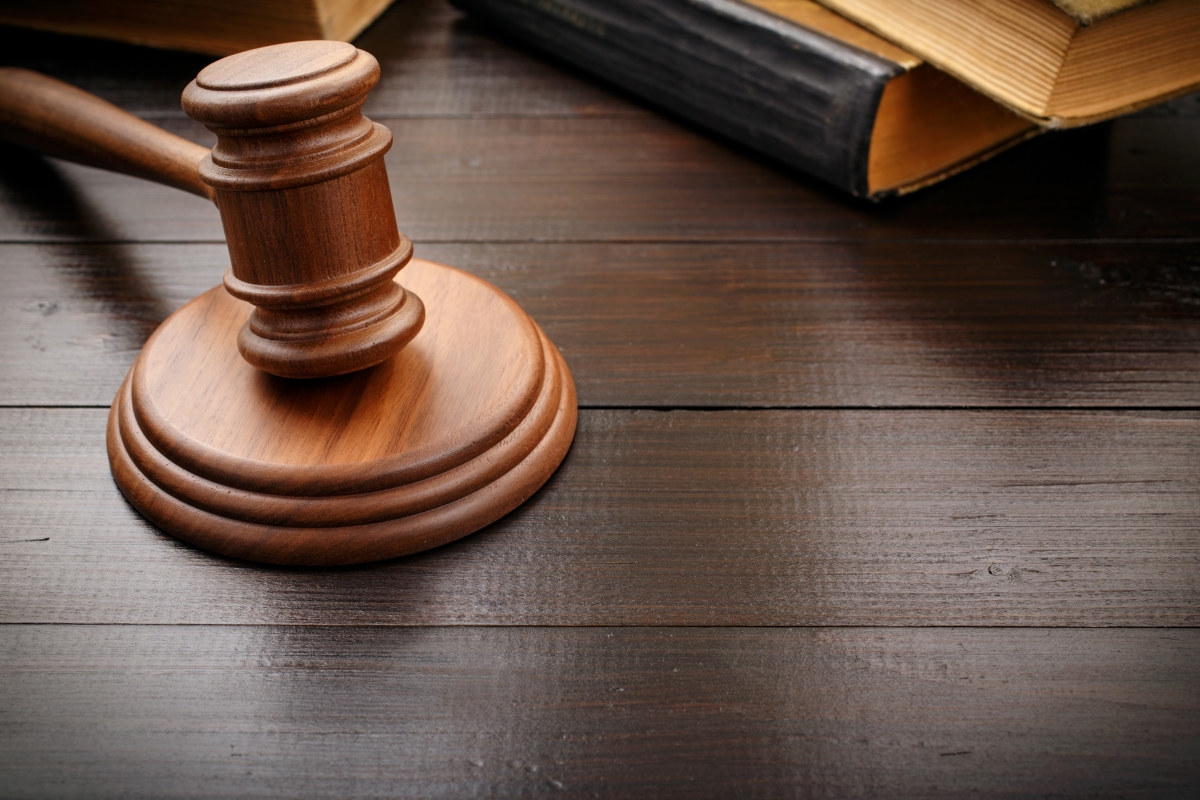Pondering the End of the ‘Hired Gun’ Expert Witness
- by Kris Bonn

Note: This article originally appeared in The Lawyer’s Daily.
The Court of Appeal’s recent decision in Bruff-Murphy v. Gunawardena 2017 ONCA 502, is a must-read for all personal injury lawyers. On the one hand, the court sent a clear direction to trial judges that they must take a more robust role as the gatekeeper of expert evidence, which should mark the end of either side using "hired guns."
On the other hand, it reaffirmed the existing law that in a jury trial, an expert is safe from cross-examination on past judicial comments and findings.
The plaintiff, Liese Bruff-McArthur, was hit from behind by the defendant while stopped. She alleged that as a result, she suffered soft tissue damages to her neck, lower back and right shoulder that developed into a chronic pain condition with anxiety and depression. The defendant admitted liability and the case proceeded to trial before a jury on damages alone. The jury awarded the plaintiff a total of $23,500 for general damages, rejecting all other claims including past and future loss of income, future care and special damages.
The defence called a psychiatrist as an expert witness. During the qualification stage, the trial judge acknowledged concern that after reading the defence psychiatrist’s report whether he would be fair, objective, non-adversarial and limit his evidence to his particular area of expertise, but felt compelled to allow the testimony for two reasons:
- The defence psychiatrist had not yet testified in any form; and
- The very high threshold before a court may exclude an expert for bias established by White v. Burgess 2015 SCC 23.
The Court of Appeal did not comment on the first reason but instead it focused on the second. The court was clear in allowing the appeal that the trial judge failed to properly apply the two-part test from White v. Burgess when considering expert evidence.
The first component requires the court to consider the four traditional “threshold requirements” for the admissibility of expert evidence established in R. v. Mohan [1994] 2 SCR 9: (i) relevance; (ii) necessity in assisting the trier of fact; (iii) absence of an exclusionary rule; and (iv) the need for the expert to be properly qualified.
The second component is a “discretionary gatekeeping step” where “the judge balances the potential risks and benefits of admitting the evidence to decide whether the potential benefits justify the risks.” It is a cost-benefit analysis under which the court must determine whether the expert evidence should be admitted because its probative value outweighs its prejudicial effect.
The court held that the trial judge’s decision that the defence psychiatrist passed the “low threshold” for admissibility under the first component must be given deference, and was clear that a different trial judge may have come to a different conclusion even on the “low threshold.”
However, the court noted that the trial judge had failed to consider the second component — the cost-benefit analysis — and therefore there was no decision for the Court of Appeal to show deference to. In conducting the second part the analysis, the court found that the risks in admitting the defence psychiatrist’s evidence far outweighed the potential benefit, and held that the defence psychiatrist should not have been allowed to testify or if he was allowed that his evidence be severely limited.
Ultimately it was determined that allowing the defence psychiatrist to testify was a “miscarriage of justice” and the only remedy was to order a new trial.
The key takeaways from this case for practising lawyers are:
- The more robust role for a trial judge to exclude expert evidence, even when an expert is appropriately qualified. The trial judge still must consider whether the expert’s evidence would be prejudicial.
- If you want to challenge the admissibility of expert evidence, it is best to do so in a voire dire so the trial judge can get a flavour of the expert’s testimony and be able to make a more informed decision on whether the evidence should be excluded.
- Even if the expert is initially permitted to testify, counsel should be prepared to renew the challenge of an expert if the expert’s testimony indicates bias or lack of independence.
- An expert remains safe from cross-examination on prior judicial findings — even if other judges or adjudicators have completely rejected the expert’s evidence. In order to cross-examine an expert on a prior judicial finding, the law appears to require that the expert be found to have lied or otherwise have intentionally misled the court.
The Court of Appeal has given trial judges much more discretion to exclude evidence from hired guns. Counsel must also take care when retaining experts to ensure that they are not at risk of being excluded if the case proceeds to trial.
